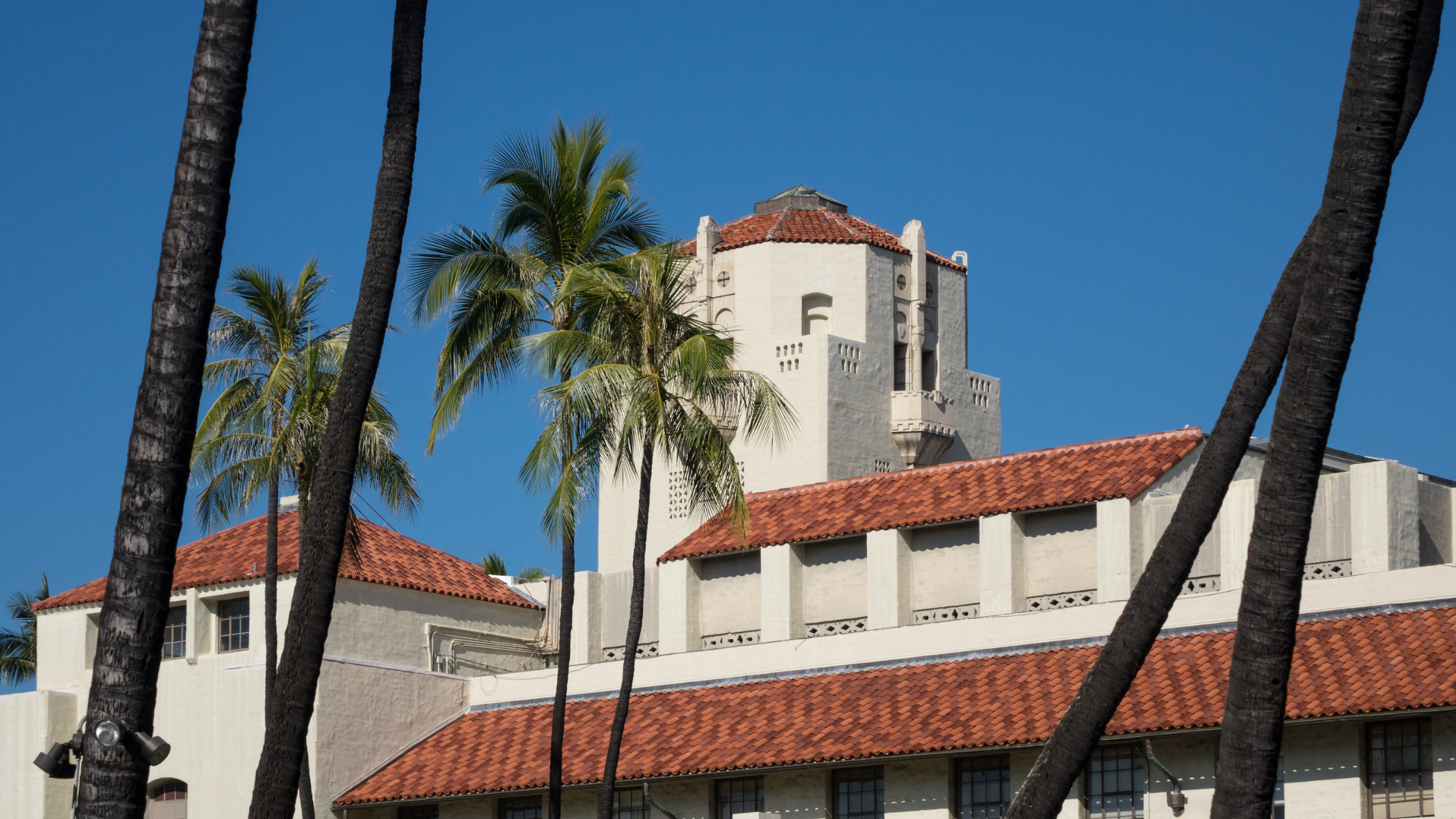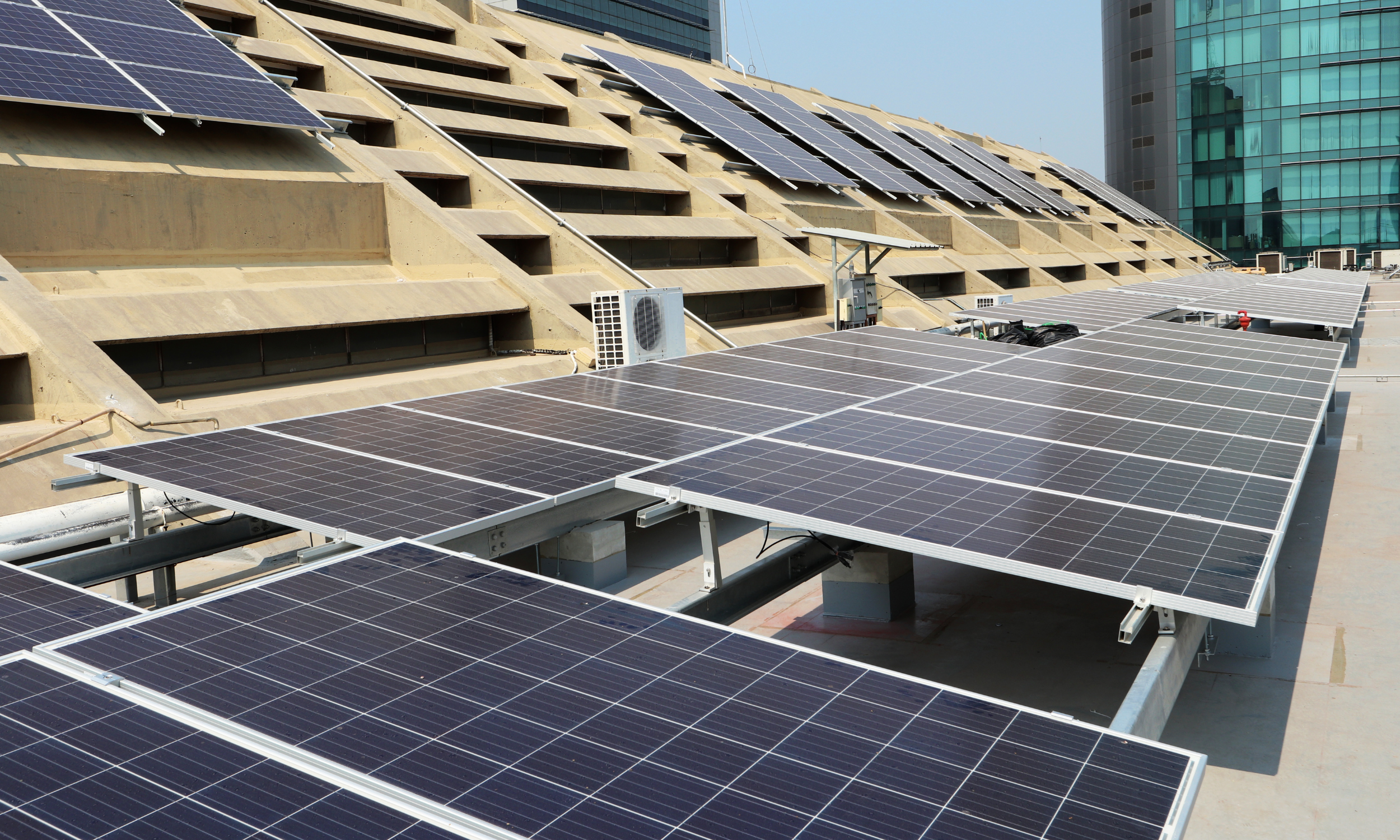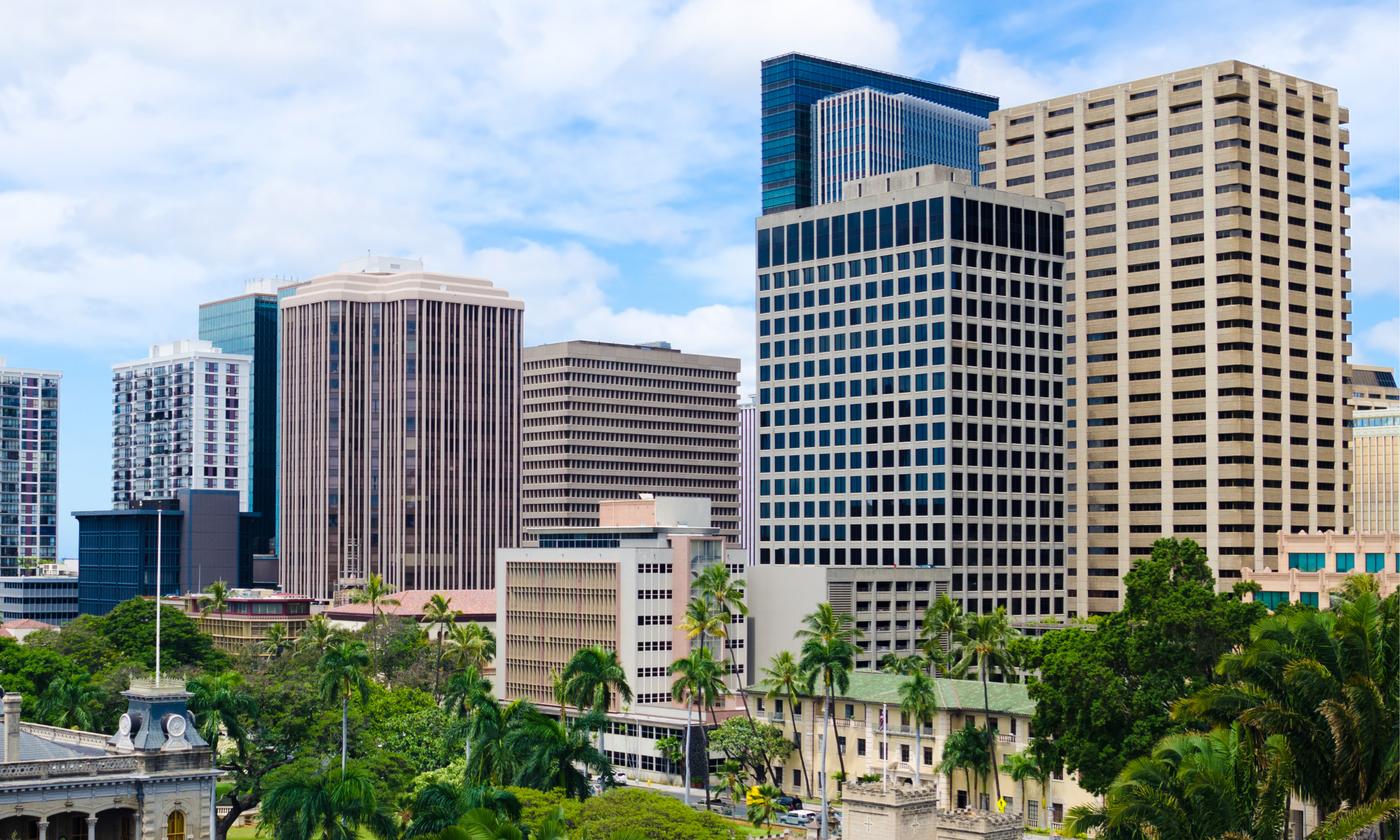
Bills & Ordinances
Ordinances, or new City laws, start with the creation of a bill. For a bill to become a law, it must be approved by the City Council upon three separate readings, or at three separate Council meetings. After the bill passes its third and final reading, the bill is presented to the mayor for signature.
If not vetoed, the bill becomes an ordinance and joins the existing code of law for the City, the Revised Ordinances of Honolulu (ROH).
Adopted Ordinances
Ord. 25-23
(Bill 15)
Approved May 28, 2025
Relating to the Climate Resiliency Fund
This Ordinance establishes the voter-approved Climate Resiliency Fund in the Revised Ordinances of Honolulu and specifies how moneys in the fund may be used, including cesspool conversion grants to households.
Ord. 25-18
(Bill 18)
Approved May 2, 2025
Relating to Plastic
This Ordinance prohibits the sale of single-use plastic bottles at any vending machine located at a City facility.
Ord. 25-6
(Bill 52)
Approved Feb. 19, 2025
Relating to Electric Bicycles
This Ordinance amends the City Traffic Code to include new safety regulations related to the use of electric bicycles (e-bikes), including helmet requirements, motor power limits, and rules regarding riding conduct.
Ord. 23-34
(Bill 56)
Approved Dec. 26, 2023
Relating to a Commercial Property Assessed Financing Program
This Ordinance establishes a program for commercial property owners to access non-traditional financing to make improvements for increased sustainability and resilience, such as cesspool conversion, clean energy generation, and energy and water efficiency. Payments are made via a non-ad valorem assessment on a property tax bill and the financing remains with the property even if sold, facilitating long-term investments in building performance and resiliency.
Ord. 23-25
(Bill 4)
Approved Aug. 25, 2023
Relating to the Adoption of the Hawai‘i State Energy Conservation Code
This Ordinance updates the City’s Energy Code to the 2018 edition of the International Energy Conservation Code (IECC) with local amendments designed to support market leadership in energy efficiency and assure significant energy and cost savings for building occupants.
(Bill 41)
Approved Mar. 9, 2023
Relating to Shoreline Setbacks
This Ordinance increases the minimum shoreline setback and establishes an erosion-rate-based shoreline setback formula designed to increase resiliency in our coastal areas, retain beaches and shoreline areas, and reduce hazards to people and buildings.
(Bill 42)
Approved Mar. 9, 2023
Relating to the Special Management Area
This Ordinance updates Special Management Area rules to provide additional protections against the impacts of coastal hazards, including sea level rise and coastal erosion and ensures consistency with State Coastal Zone Management regulations.
(Bill 46)
Approved Oct. 24, 2022
Relating to Height Limits for Rooftop Structures
This Ordinance increases the height limits for buildings to encourage and allow for rooftop solar panels, as well as rooftop gathering spaces under rooftop solar panels, helping to maximize rooftop spaces for renewable energy generation.
(Bill 39)
Approved Oct. 24, 2022
Relating to the Adoption of the State Plumbing Code
This Ordinance adopts the 2018 Hawai‘i State Plumbing Code for the City and County of Honolulu with local amendments that increase water conservation and efficiency. Adoption of up-to-date codes advances Action 11 of the O‘ahu Resilience Strategy.
(Bill 33)
Adopted Aug. 10, 2022
Relating to Indigenous Plants in Public Beach Parks
This Ordinance prioritizes the use of indigenous plant species such as naupaka, pōhuehue, ‘aki’aki, ‘ākulikuli, pōhinahina, and ‘ilima papa in landscaping at public parks along the beaches and shoreline of the City to help reduce shoreline degradation, protect coastal areas against storms and high wave events, and promote habitat for other indigenous plant species.
(Bill 22)
Adopted Jul. 6, 2022
Relating to Building Benchmarking
This Ordinance establishes a Better Buildings Benchmarking Program and energy and water usage reporting requirement for large buildings within the City and County of Honolulu. Building benchmarking is Resilience Action 21 in the O‘ahu Resilience Strategy and Action 5.3 in the City’s Climate Action Plan.
(Bill 65)
Adopted Dec. 23, 2020
Relating to the Office of Climate Change, Sustainability and Resiliency
This Ordinance codifies the duties, responsibilities, and reporting requirements of the Resilience Office to ensure the City meets its climate change and sustainability goals and objectives.
Relating to Off-Street Parking and Loading
This ordinances updates Honolulu’s Land Use Ordinance to reduce parking minimums and create a more effective and efficient transportation network. Check out this brochure for a summary of changes introduced by Ordinance 20-41.
(Bill 58)
Adopted Dec. 23, 2020
Relating to Clean Energy Projects
This ordinance streamlines permitting procedures for residential clean energy projects and electric vehicle charging equipment to reduce costs and increase access to renewable energy for more residents.
(Bill 25)
Adopted Jun. 5, 2020
Relating to the Adoption of the State Energy Conservation Code
This ordinance updates the City’s Energy Code to the 2015 edition of the International Energy Conservation Code (IECC) with local amendments that expand access to energy efficiency improvements, solar power, and electric vehicles for O‘ahu residents, including a new requirement for residential and commercial buildings to ensure a percentage of new parks stalls built are EV-ready. View this EV-Readiness Guide for more information and FAQs on how to get your building ready for electric vehicles.
(Bill 40)
Adopted Dec 15, 2019
Relating to Plastic
This ordinance, now called the Disposable Food Ware Ordinance, reduces single use plastic pollution on O‘ahu. Effective January 1, 2021, this ordinance amends the plastic bag ban, phases out polystyrene foam food ware at City functions, phases out disposable plastic service ware, and dictates that disposable service ware may only be provided upon request. Effective January 1, 2022, disposable plastic food ware and all polystyrene foam food ware will be phased out and shall not be sold; disposable plastic service ware shall also not be sold.
(Bill 20)
Adopted Aug 22, 2019
Relating to the Adoption of the State Electrical Code
This ordinance updates the City’s Electrical Code to the 2017 edition of the National Electrical Code (NEC). In addition to providing the latest safety requirements, the new code provides clarity for battery storage, electrical vehicle charging, and off-grid solar PV installations that support the City’s climate resilience and renewable energy goals.

















